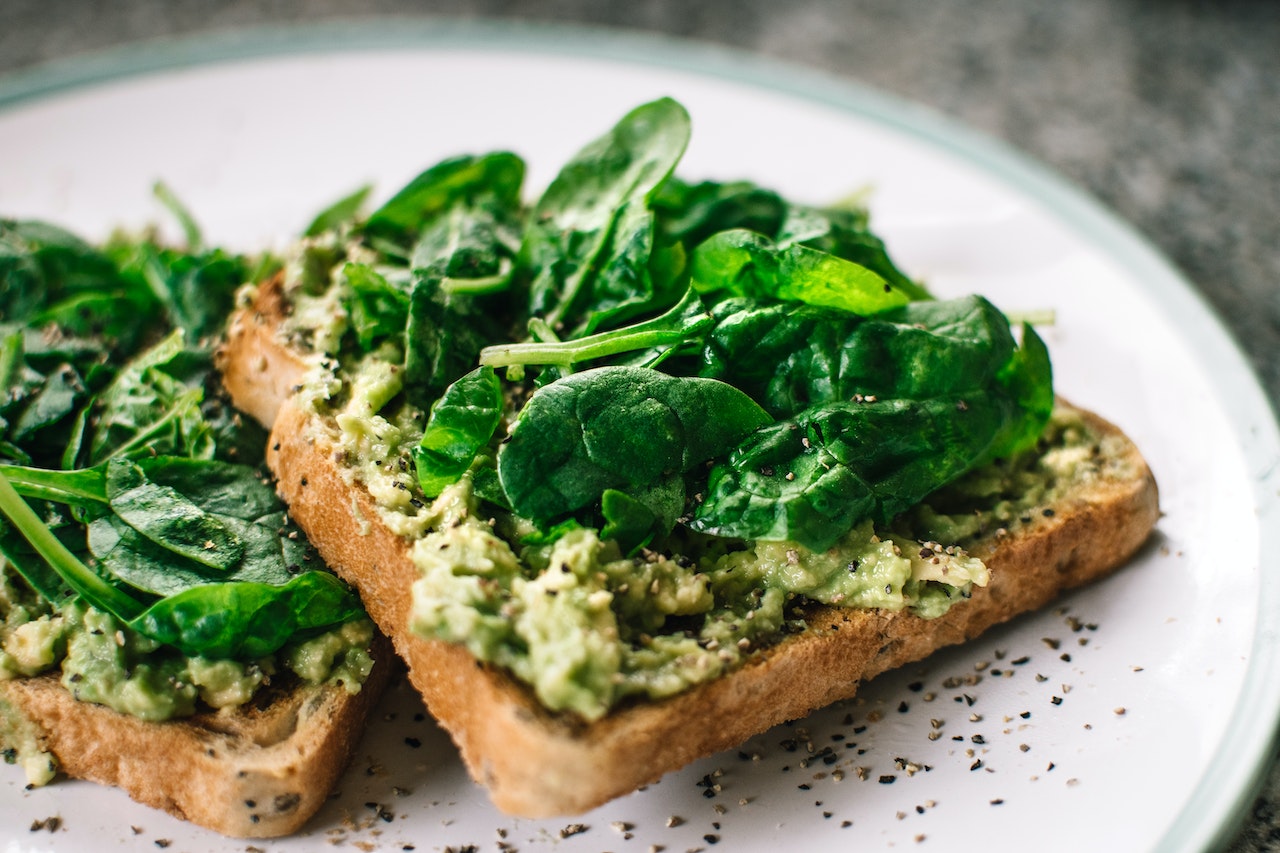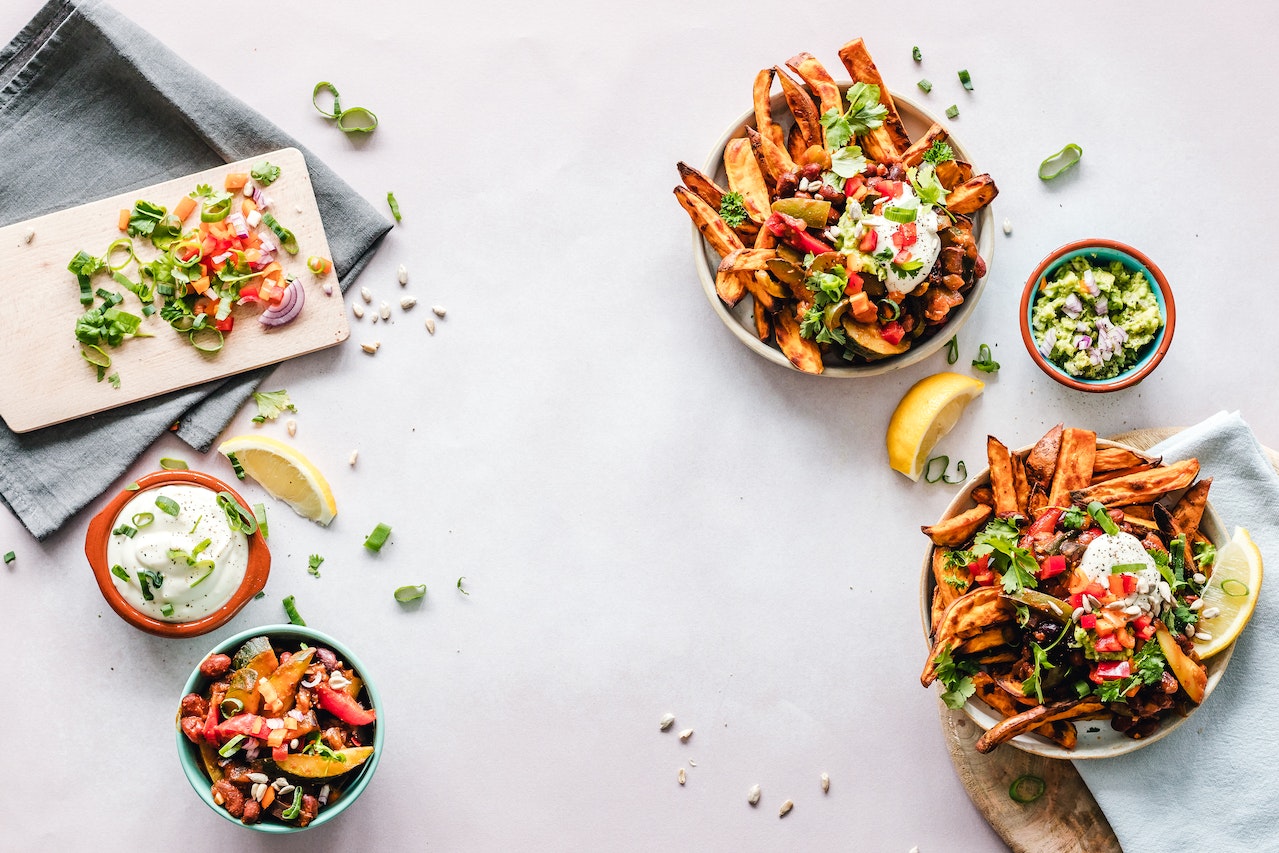How To Boost Nutrition: Easy Ways To Eat Well
The word diet has become synonymous with losing weight, but taking control of your diet is not only beneficial for achieving a healthy body weight.
Author:Daniel JamesReviewer:Karan EmeryNov 15, 202270 Shares70.2K Views

The word diet has become synonymous with losing weight, but taking control of your diet is not only beneficial for achieving a healthy body weight. Boosting nutrition is essential for a healthy body and mind. If you’re looking for simple changes that make a big difference, here are some easy ways to eat well.
Research healthy eating and seek professional advice
The Internet is a brilliant resource, but there’s no doubt that misinformation is rife when it comes to dieting and healthy eating. It is particularly difficult to ascertain what is accurate and what is not when researching ways to lose weight. If you use search engines, for example, you may find that the results pages are filled with adverts for miracle products or links to fad diets. Fad diets can help you to achieve rapid weight loss, but they are usually unsustainable and they might not be beneficial for your health. Try to avoid any plans that eliminate entire food groups or restrict calorie intake dramatically for prolonged periods. It’s crucial to provide your body with essential nutrients. Use reputable, reliable websites. Good examples include government sources and well-known healthcare companies, providers and resources. It’s also wise to seek advice from your doctor or a dietitian or nutritionist.
Learning about healthy eating makes it easier to make the right choices when deciding which ingredients to buy or meals to try.
Use a food diary
Keeping a food diary is a simple, hassle-free way to monitor your diet and make sure you’re hitting healthy eating goals. Many of us don’t pay a huge amount of attention to the foods we eat or the meals we order in terms of nutritional value. Using an app provides useful information about nutrition and it may surprise you. You might not be aware that you’re consuming too much sugar or salt or that your intake of fiber is too low, for example. Input data every day and evaluate your diet. If there are issues, make changes. Use your app to highlight areas for improvement. This may mean increasing your intake of vitamins or minerals or cutting down on saturated fats or carbohydrates.
Try to cook at home more
Cooking at home is beneficial for your health for several reasons. When you make your own meals, you have control over the ingredients you use, the cooking methods you employ and the portion size. You can add ingredients to tailor recipes to suit your taste and you don’t have to worry about the added extras you often find in takeout and ready-made meals. As well as boosting health, cooking can also be fun and therapeutic.
If you’re not a master chef, it’s very easy to get started in the kitchen. Invest in the basics, including some pots and pans, chopping boards and kitchen knives. Start with simple, quick recipes and expand your repertoire as you hone your skills and become more confident. You can find recipes online, buy books or get inspiration from TV shows or social media. Focus on foods that you love and don’t lose heart if you make a meal that doesn’t live up to expectations. Even the best chefs experience kitchen disasters. Keep trying. Taste food as you cook, use seasoning and don’t be afraid to experiment.
Add a healthy side
Experts recommend a minimum of five portions of fruit and vegetablesper day. If you struggle to hit this marker, there are some easy solutions. One golden rule to follow is to add a healthy side to every meal. Sprinkle berries or chopped banana or grapes on oatmeal or whole grain breakfast cereals, or add a handful of spinach or a homemade fruit smoothie to eggs on toast on an omelet. Serve pasta and rice dishes or meat and fish with a selection of vegetables or a fresh salad with peppers, tomatoes and leafy greens. You can also boost nutrient content by adding vegetables to sauces and soups. You can add chopped celery, carrots, zucchini, eggplant, onions, mushrooms and peppers to a basic tomato-based pasta sauce, for example.
Start the day with a bang
If you’re in a hurry, you have a hectic schedule or you’re trying to lose weight, you might think about skipping breakfast. Breakfast is a very important meal because it provides fuel to get you through the day and fires up the digestive system to support a healthy metabolism. If you miss out on breakfast, you may feel lethargic in the mornings and you’ll start to feel hungry before lunchtime. This could lead to snacking or grazing and peaks and troughs in energy levels. Aim to start every day with a healthy breakfast. Even if you only have ten minutes, you can grab a bowl of natural yogurt and berries, oatmeal or whole-grain cereal or a couple of slices of wholemeal toast. If you have a bit longer, why not opt for poached eggs, an omelet or a breakfast bowl with fruit, seeds, oats and nuts? Choose ingredients that release energy slowly to make you fuller for longer. Good ideas for lunch include hot salads, brown wraps, whole-grain rice and pasta bowls, sandwiches and soup.
Create healthy versions of your favorite dishes
Many of us have guilty pleasures when it comes to our diets. We enjoy eating out and treating ourselves to foods like cake, candy, pizza, fries and chips. Healthy eating is about finding a balance. You don’t have to sacrifice foods you love to improve your health, and often, allowing yourself a treat from time to time can help you to maintain motivation. It’s a great idea to create healthy versions of your favorite dishes. Take a burger and fries as an example. If you’ve eaten well all week, why not splash out on a Saturday and rustle up a feast at home? Swap a beef patty for turkey mince, add extra vegetables, choose wholemeal bread and add fresh tomato salsa instead of ketchup. Bake sweet potato fries or wedges instead of frying potatoes and go easy on the salt.
Changing your diet can make an incredible difference to your health. If you’re looking to boost nutrition, you don’t have to spend a fortune on exotic superfoods or overhaul your lifestyle. Simple steps like learning about nutrition, keeping a food diary and cooking at home can be hugely beneficial. Seek expert advice, look for healthy recipes online, enjoy a nutritious breakfast each morning and create healthy versions of your favorite meals and treats.

Daniel James
Author
Daniel James is a distinguished gerontologist, author, and professional coach known for his expertise in health and aging.
With degrees from Georgia Tech and UCLA, including a diploma in gerontology from the University of Boston, Daniel brings over 15 years of experience to his work.
His credentials also include a Professional Coaching Certification, enhancing his credibility in personal development and well-being.
In his free time, Daniel is an avid runner and tennis player, passionate about fitness, wellness, and staying active.
His commitment to improving lives through health education and coaching reflects his passion and dedication in both professional and personal endeavors.

Karan Emery
Reviewer
Karan Emery, an accomplished researcher and leader in health sciences, biotechnology, and pharmaceuticals, brings over two decades of experience to the table. Holding a Ph.D. in Pharmaceutical Sciences from Stanford University, Karan's credentials underscore her authority in the field.
With a track record of groundbreaking research and numerous peer-reviewed publications in prestigious journals, Karan's expertise is widely recognized in the scientific community.
Her writing style is characterized by its clarity and meticulous attention to detail, making complex scientific concepts accessible to a broad audience. Apart from her professional endeavors, Karan enjoys cooking, learning about different cultures and languages, watching documentaries, and visiting historical landmarks.
Committed to advancing knowledge and improving health outcomes, Karan Emery continues to make significant contributions to the fields of health, biotechnology, and pharmaceuticals.
Latest Articles
Popular Articles

